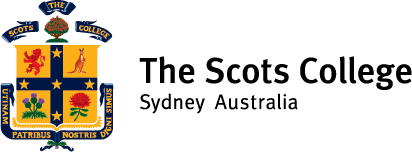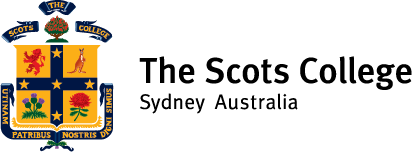Early learning centres have a huge responsibility to positively shape your son’s development – and a clear educational philosophy helps. An education philosophy is bigger than the curriculum. It’s bigger even than a school’s values or purpose. An education philosophy underpins all of these elements and gets to the heart of a school’s raison d’être.
For a thought-provoking read, this blog goes deeper into what an education philosophy is and why schools need to have one. Here’s a more focused look into why an education philosophy is important in the early years.
Why an education philosophy is important in the early years
Every early learning centre will be different. Different school cultures prioritise different values and an early learning centre should have a clear education philosophy to address these areas. The centre’s philosophy should be simple and concise, and it should encompass their main values and points of care that they will impart on the children. A clear philosophy is fundamental to the care and education your child will receive.
What does this look like in practice?
To demonstrate what an education philosophy in an early years context looks like in practice, we will use Scots as an example.
“We are all measured by what sort of people we have become. At The Scots College, we strive to foster leadership, character and spirit, through experiences of excellence that will define the brave hearts and bold minds in every Scots boy.”
Dr Ian PM Lambert, Principal
At Scots, we value the quest for excellence through adventure, curiosity, creativity and growth. This is further emphasised through our Brave Hearts Bold Minds education philosophy, which underpins all year levels at The Scots College. A philosophy of this sort is critical in defining and directing the purposes, objectives and focus of a school. It should also serve to inspire and direct educational planning, programs and processes in any given setting.
Education philosophy in early years education
On entering the exciting world of the Early Learning Centre (ELC), each Scots boy is an active discoverer of his new world. An innovative and adventurous curriculum leads our youngest Scots boys – three and four year olds – at the start of their journey. Harnessing a boy’s natural curiosity and energy, these programs are informed by Reggio Emilia principles and encourage each boy to explore and discover his world. The ELC is a new experience away from a boy’s familiar home environment, expanding his world and building on his learning as he is guided through investigations and problem solving.
Through the power of play, boys discover letters and numbers, words and counting, forming the foundations of literacy and numeracy. Boys’ development is enhanced through Music, Dance, Drama, PDHPE (Physical Education), Library, Christian Studies and Visual Arts. In this supportive and active learning environment, every boy learns to explore new ideas with confidence.
Education philosophy in Kindergarten and Year 1
As a boy moves into Kindergarten, he becomes a more courageous and active explorer of his world. In the spirit of the Reggio Emilia philosophy, together with their teachers and peers, Kindergarten and Year 1 boys discover and question cause and effect in the world around them. They express their curiosity and wonder with their ever growing vocabulary moving from ‘what?’ to ‘why?’ and ‘how?’ questions.
Kindergarten paves the way for more formal schooling with writing, spelling and numeracy a focus for learning. It is within this phase that the five pillars for literacy learning are formed – phonemic awareness, systematic phonics, vocabulary, reading fluency and comprehension. With every new skill developed, a boy’s enthusiasm to learn increases.
Download Brave Hearts Bold Minds to learn how a clear educational philosophy can benefit your son.






